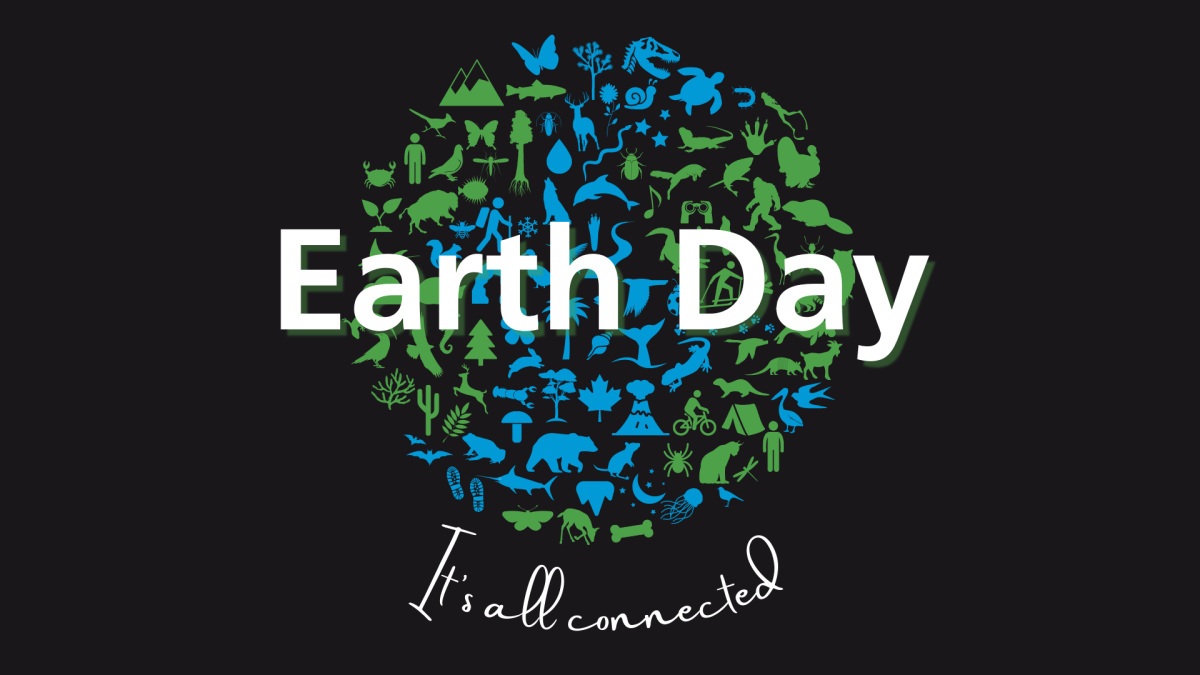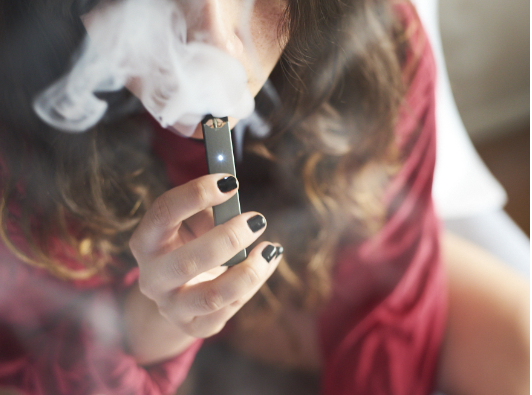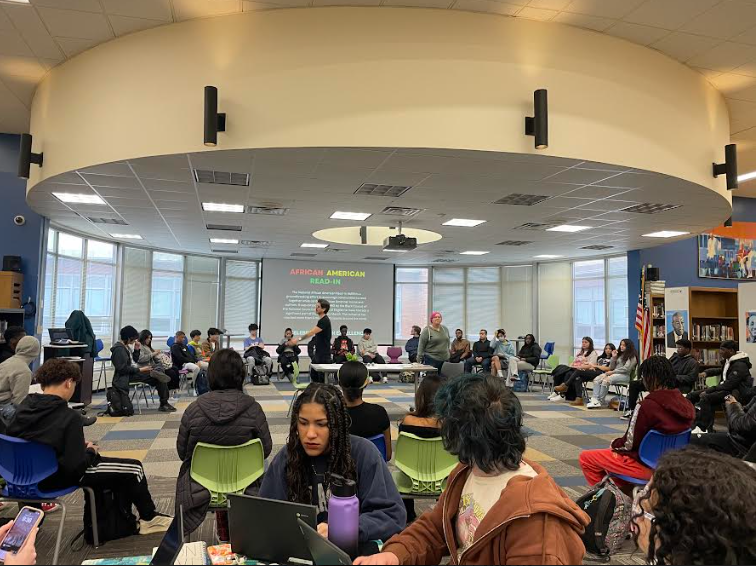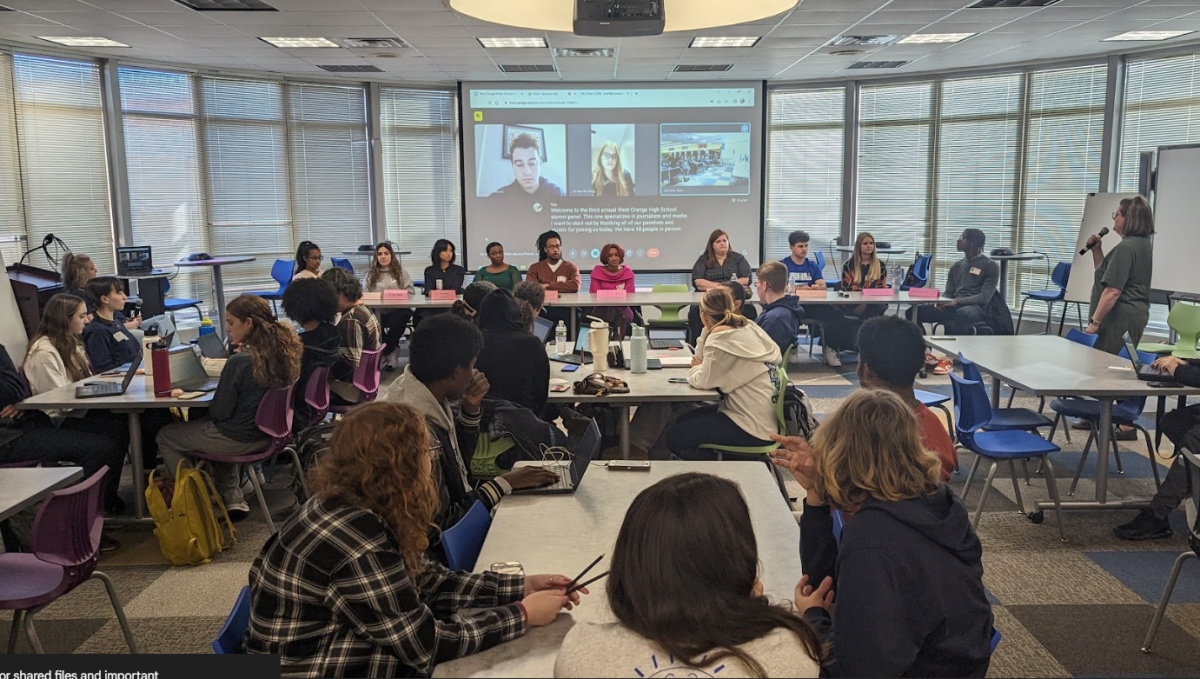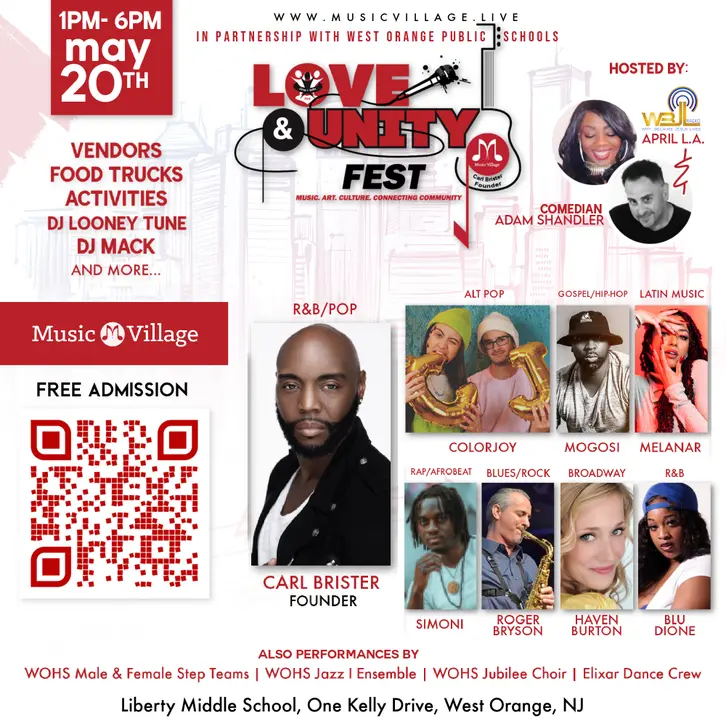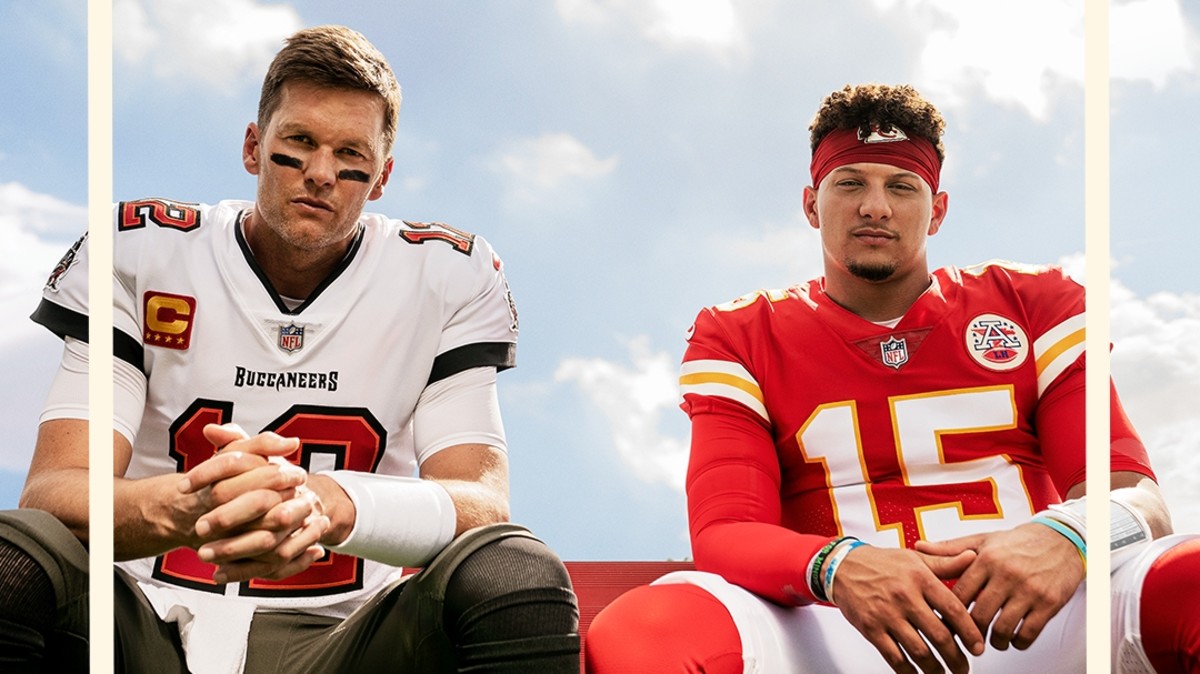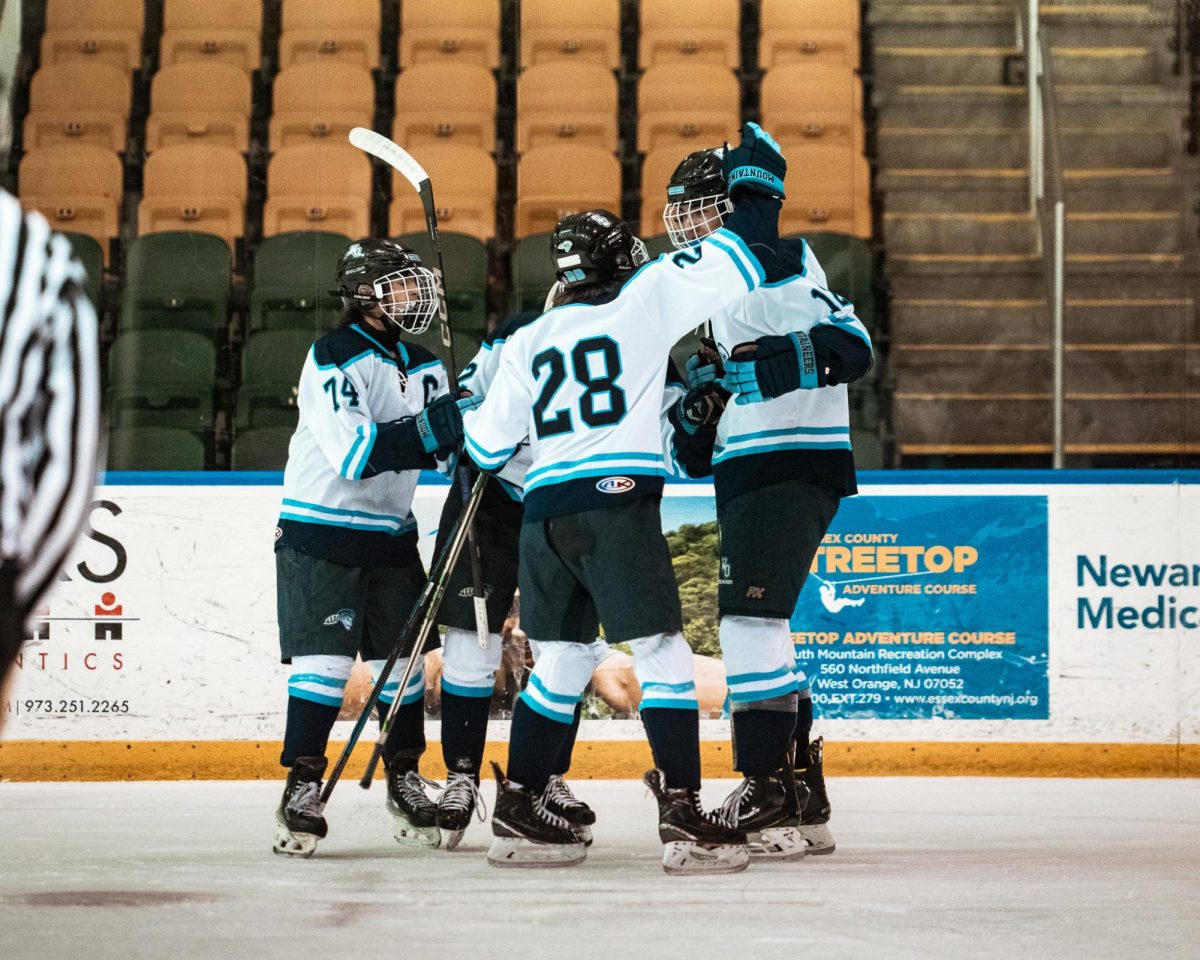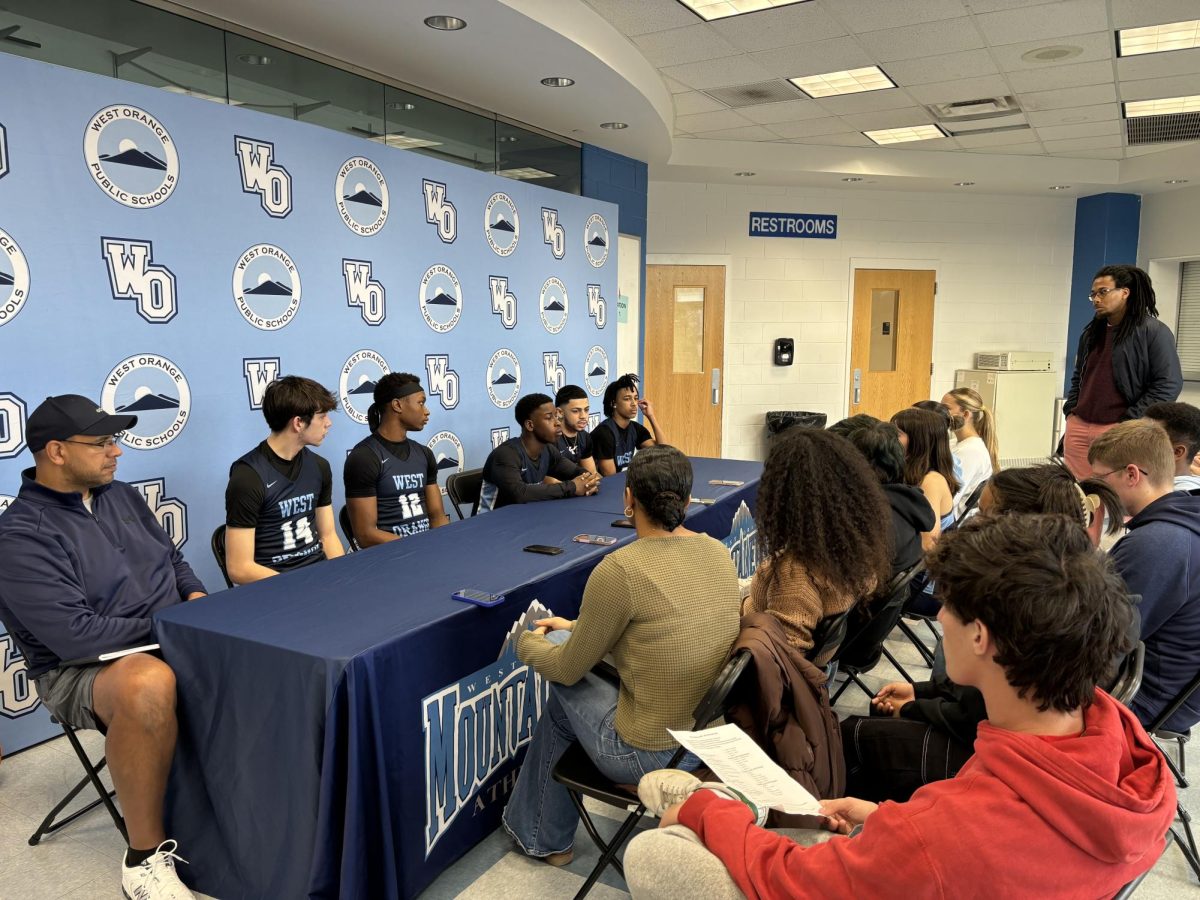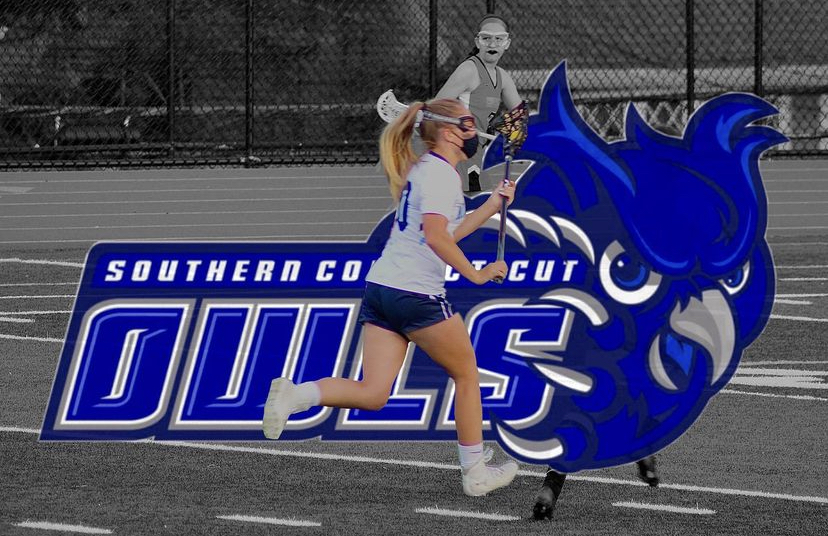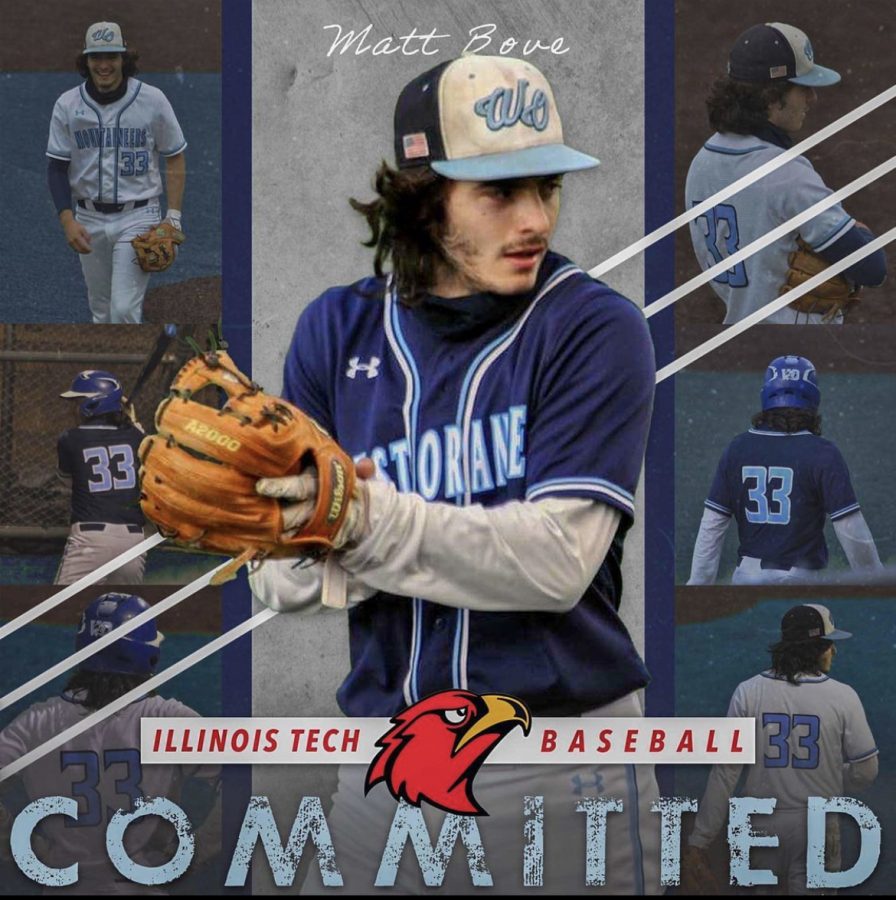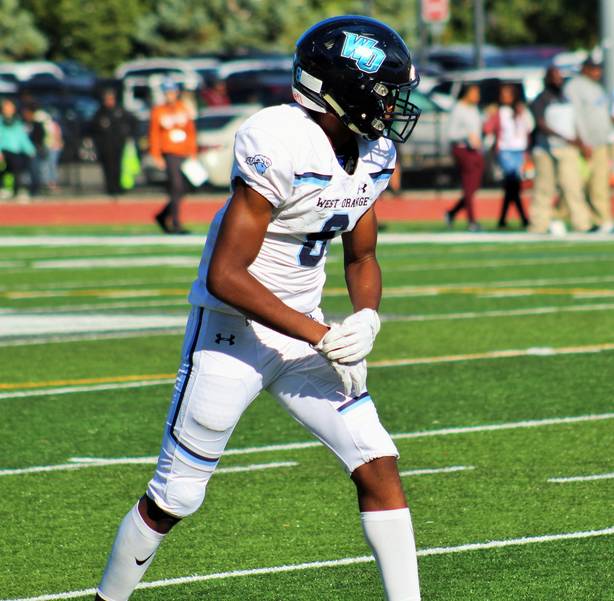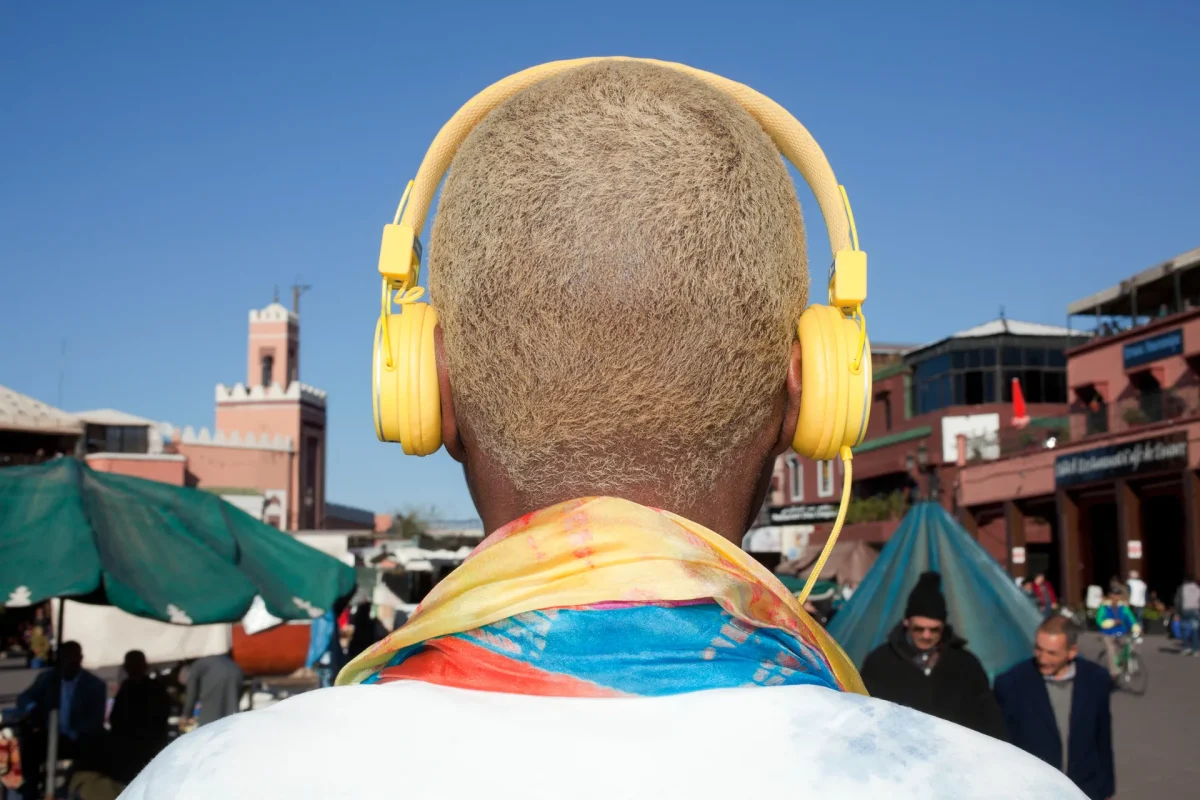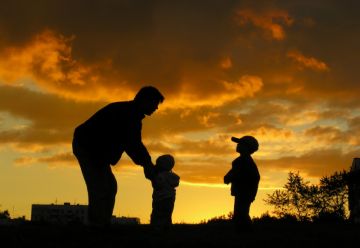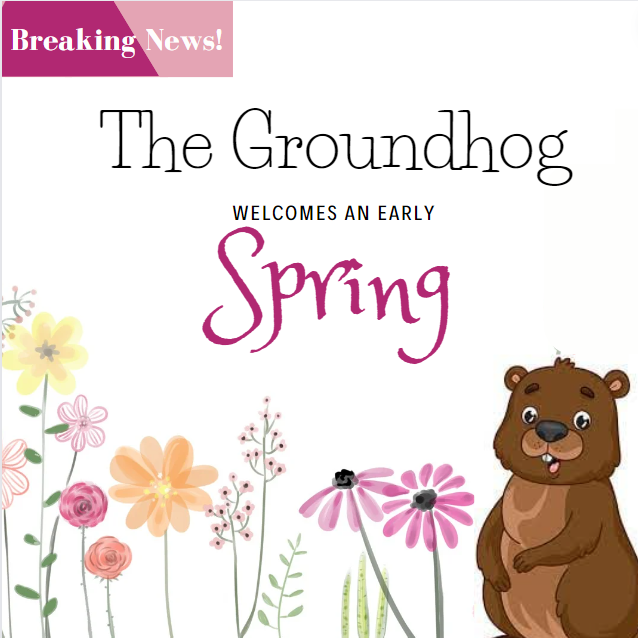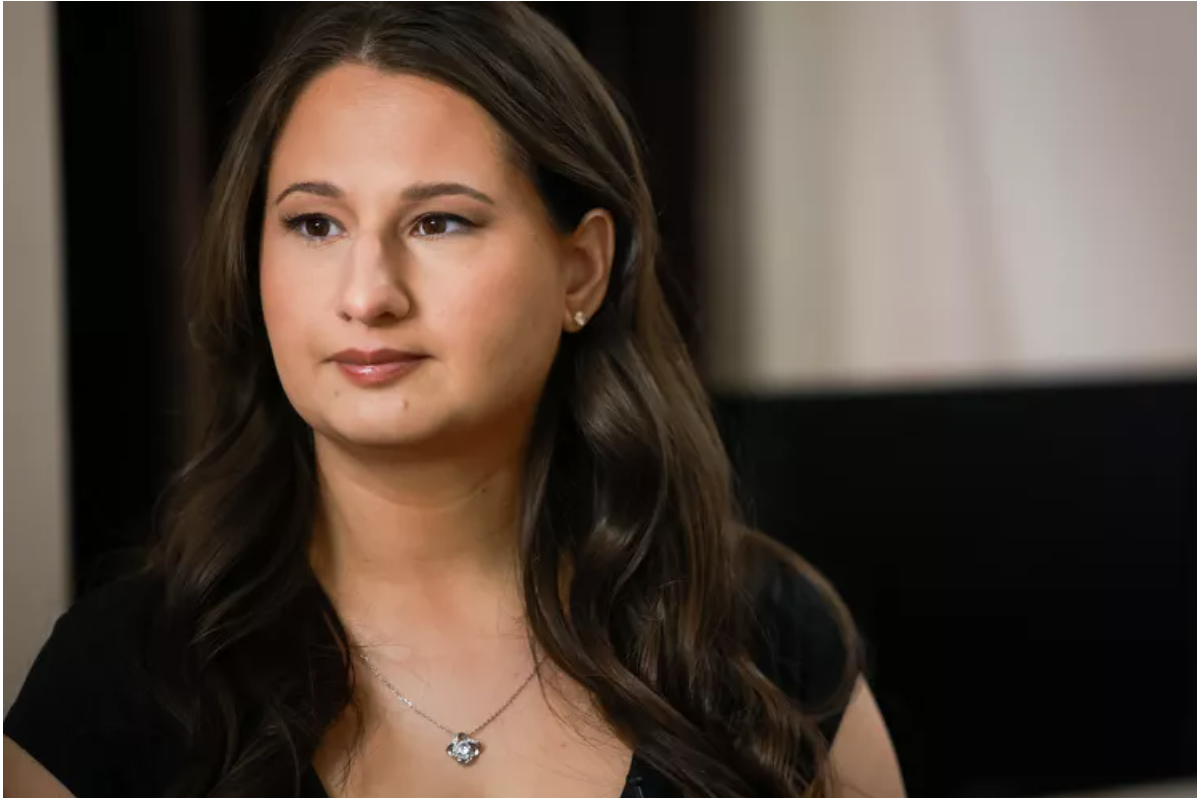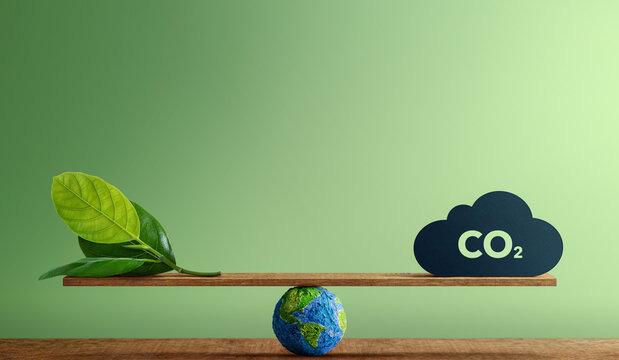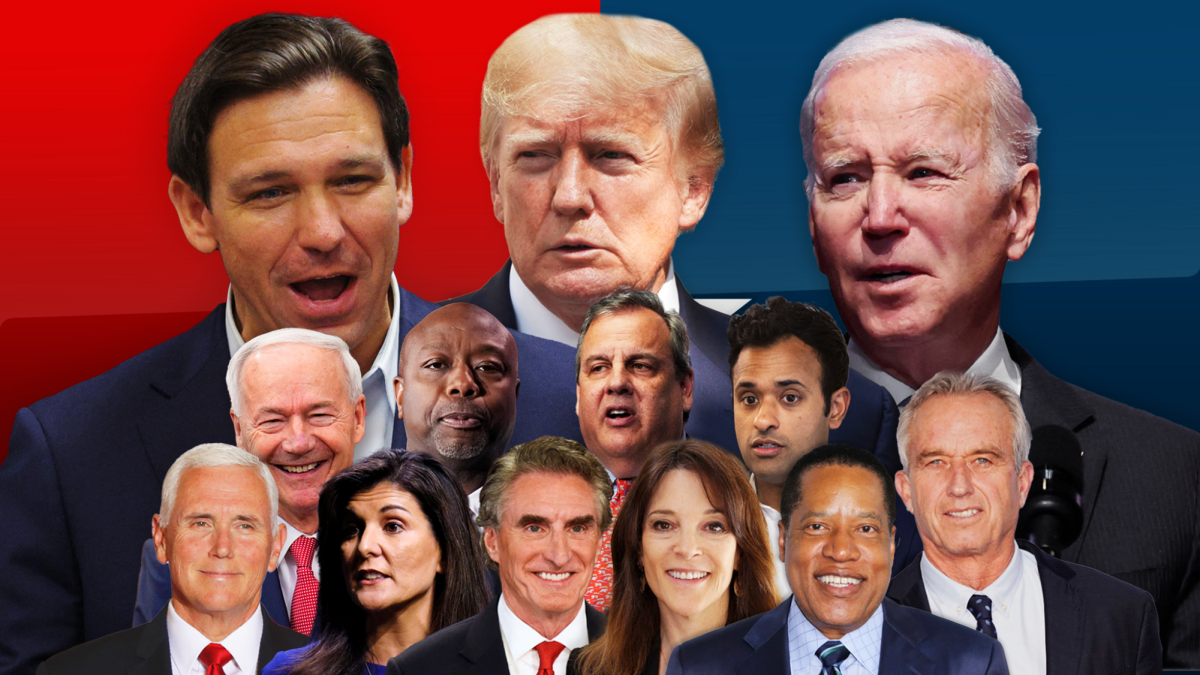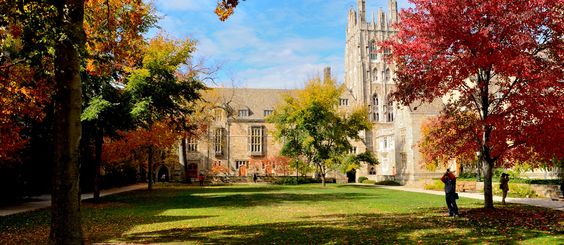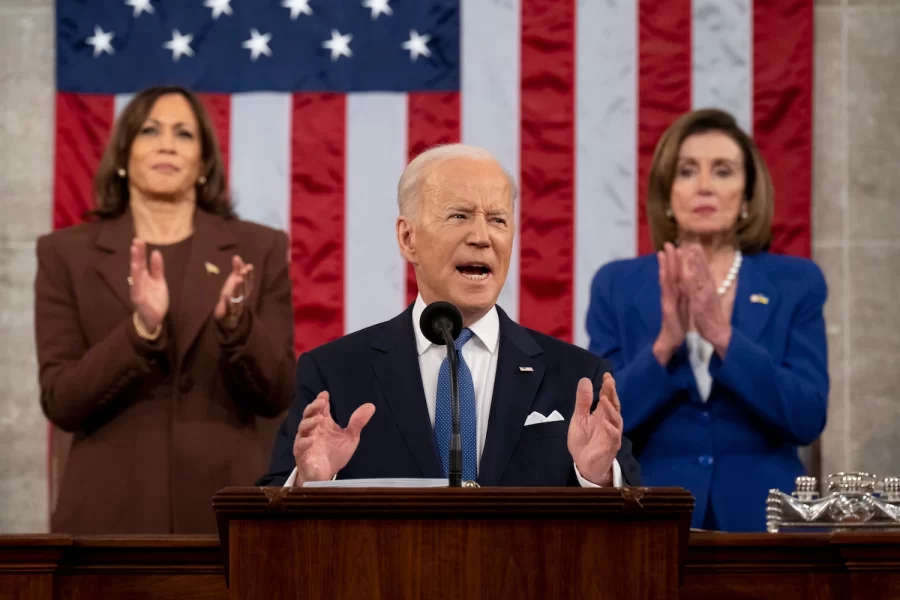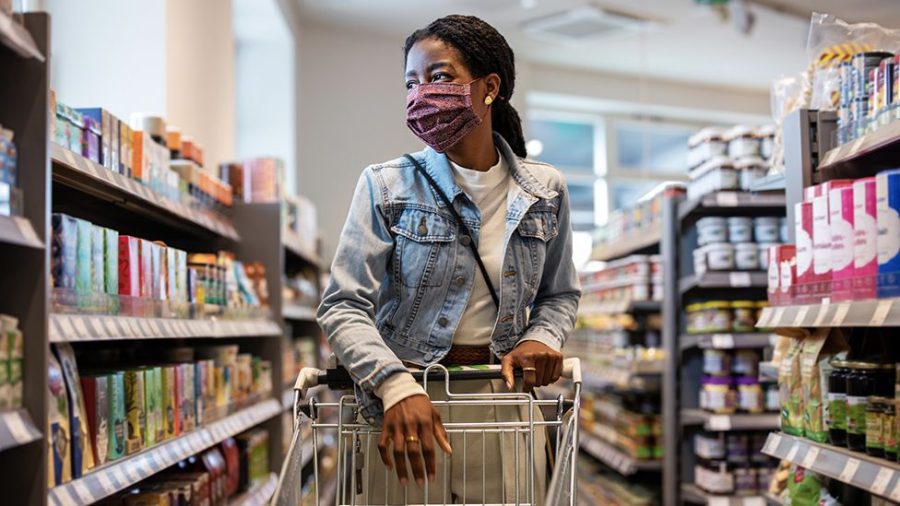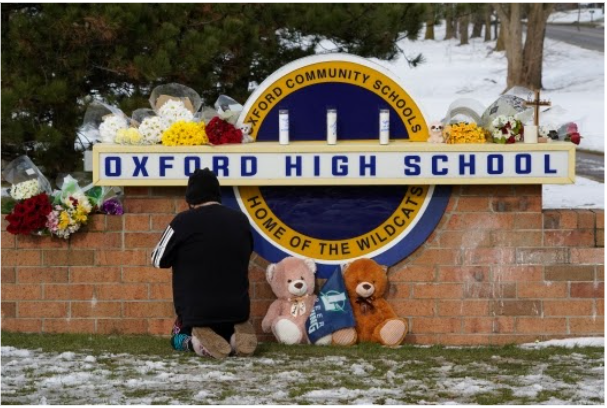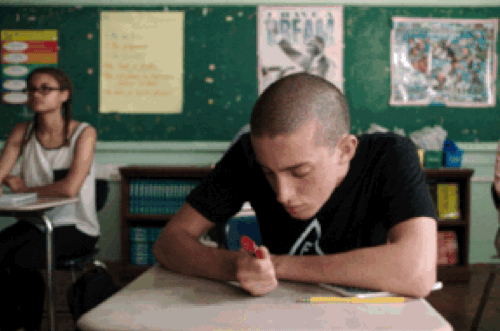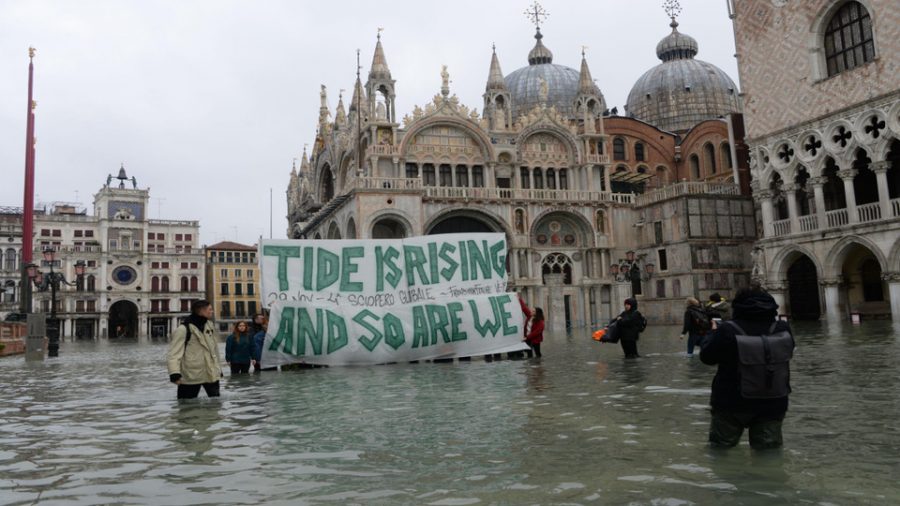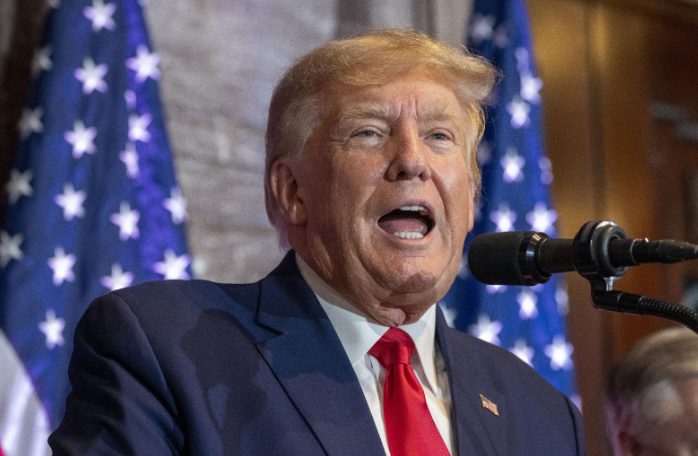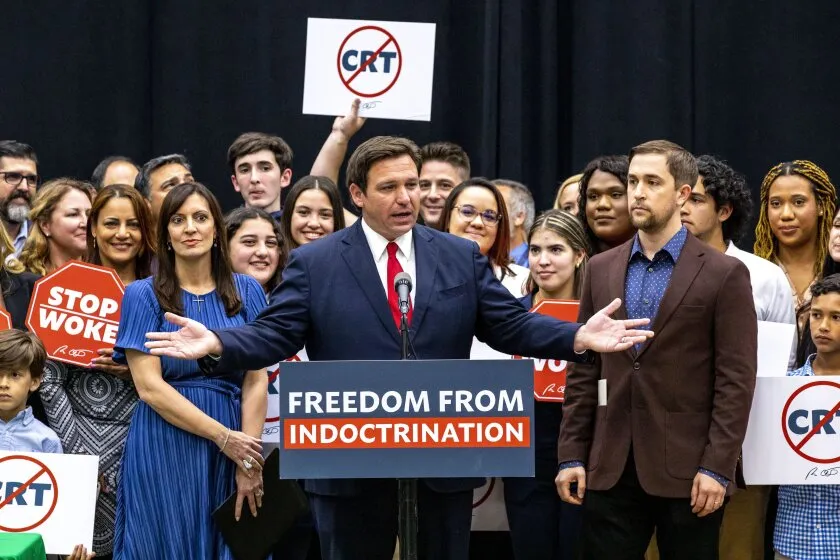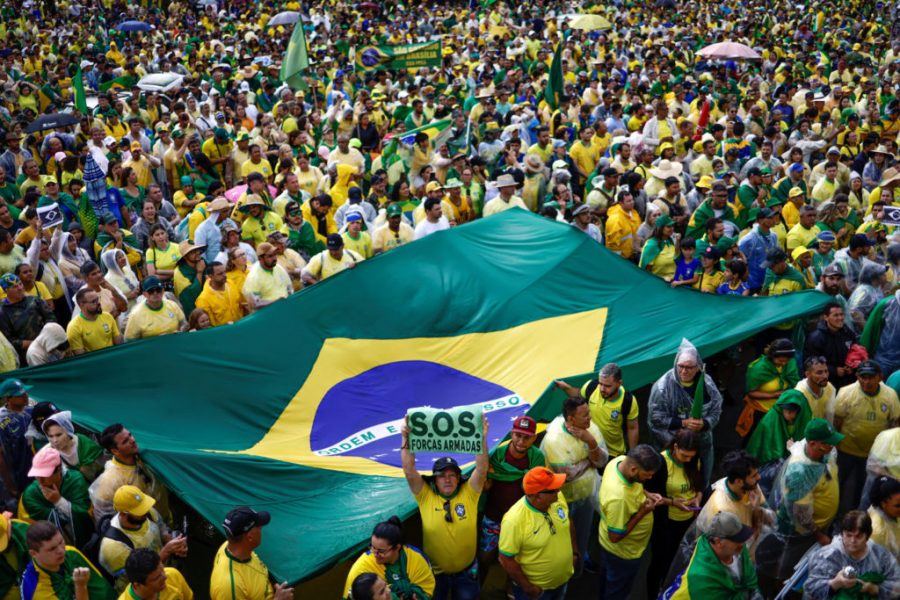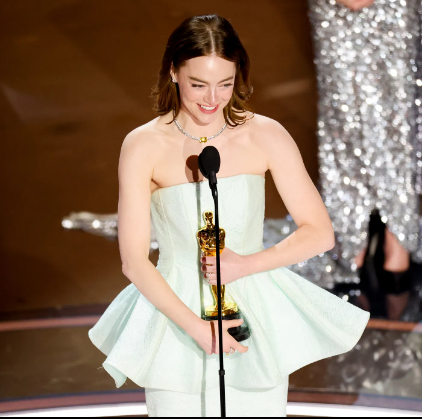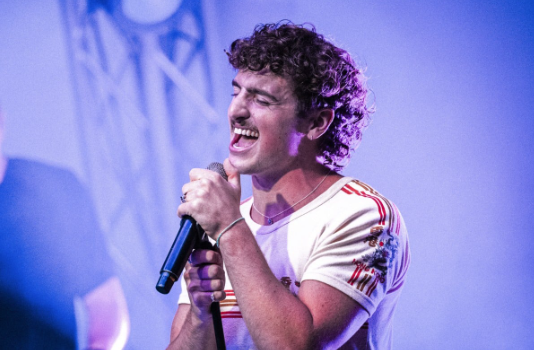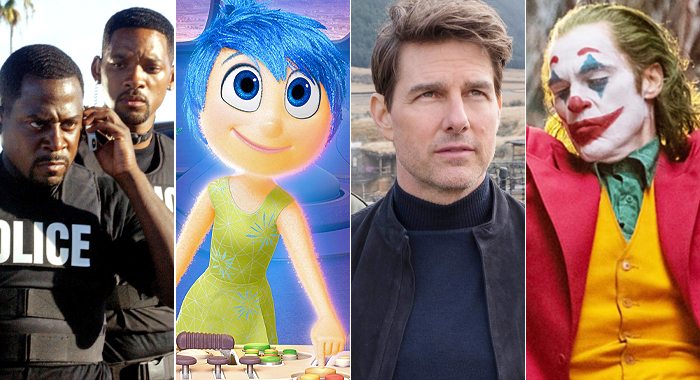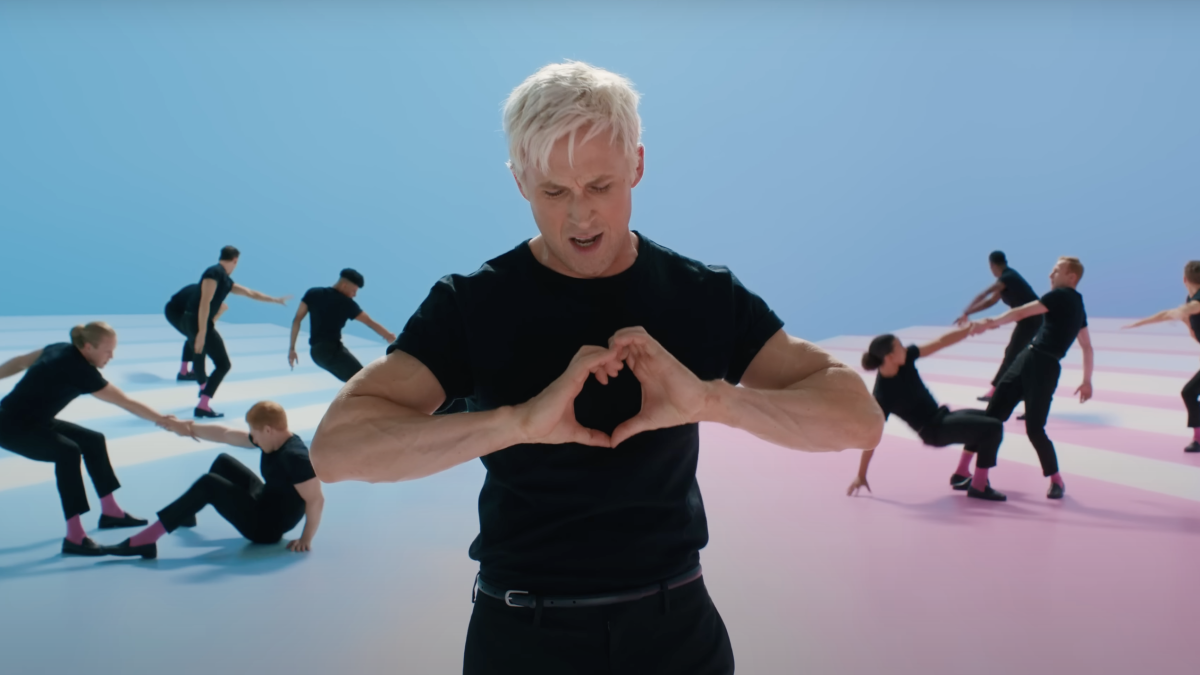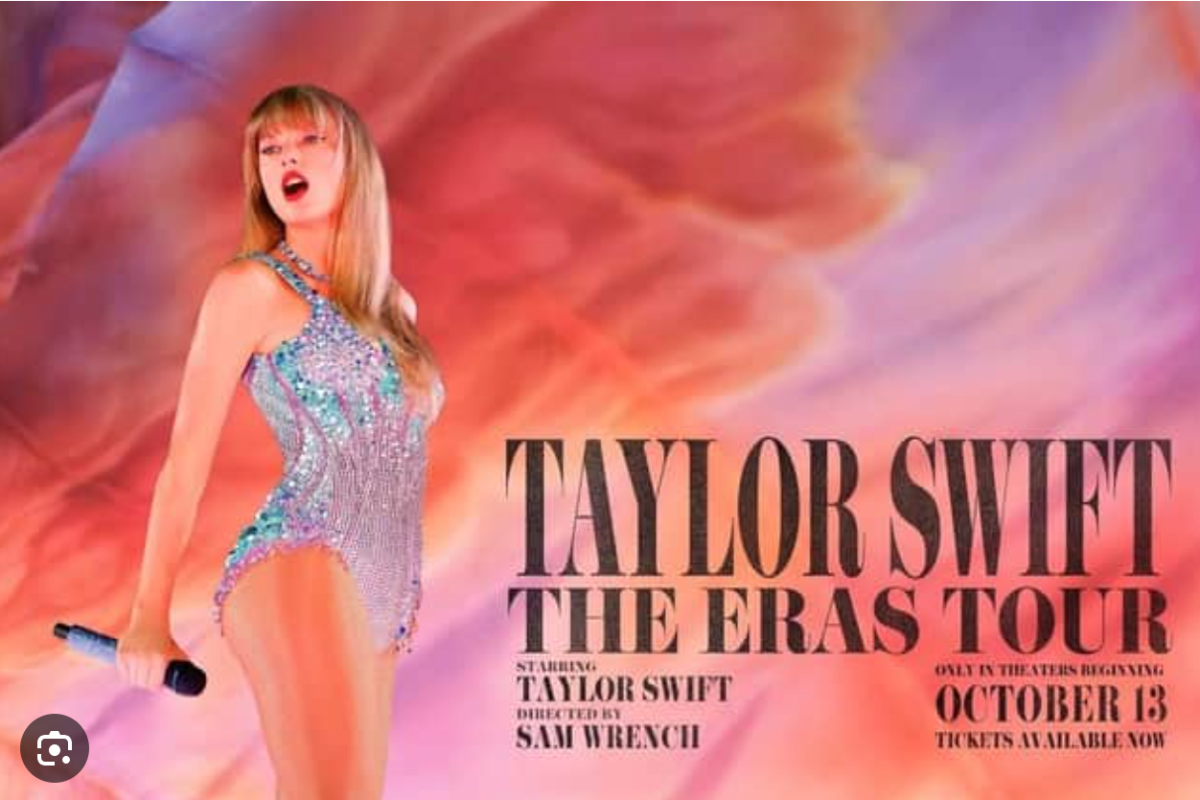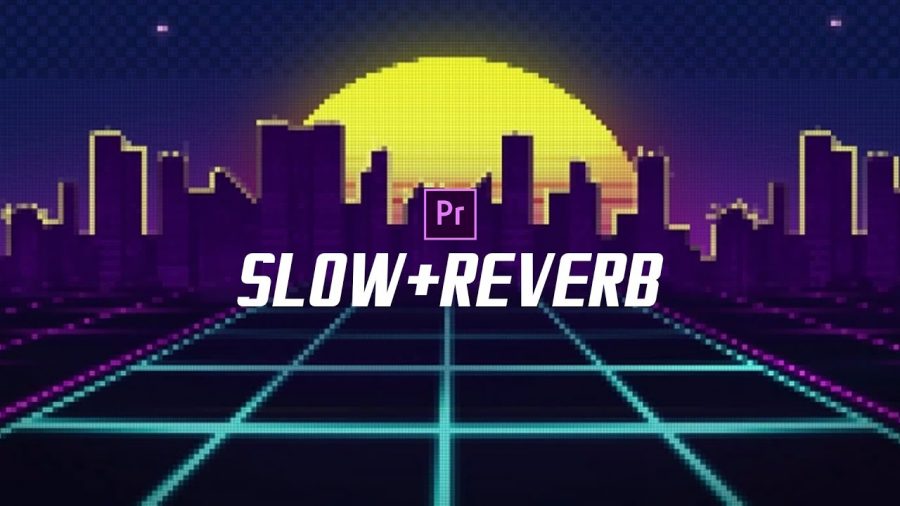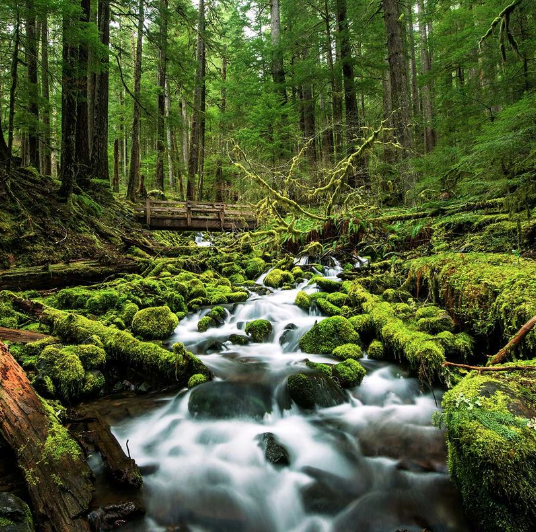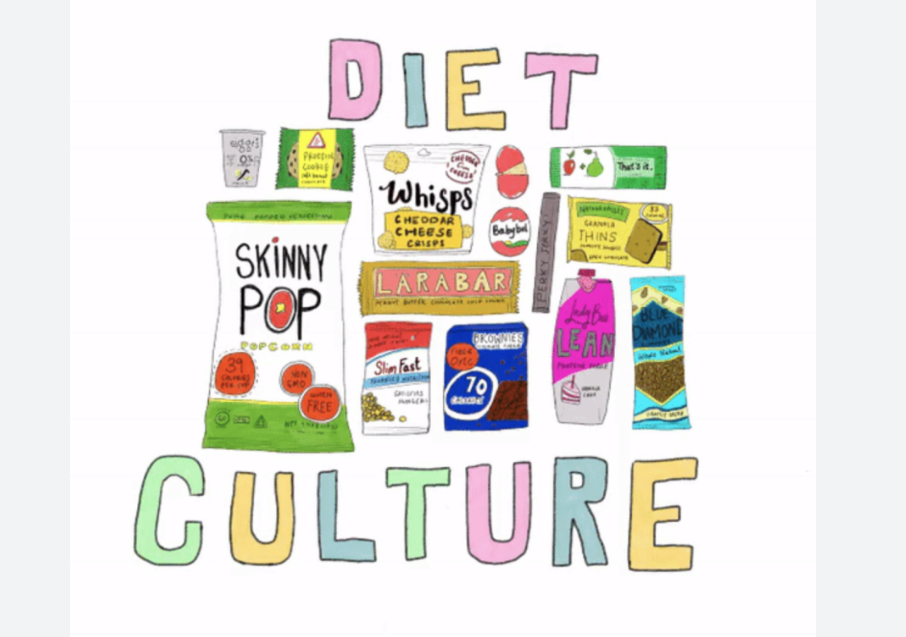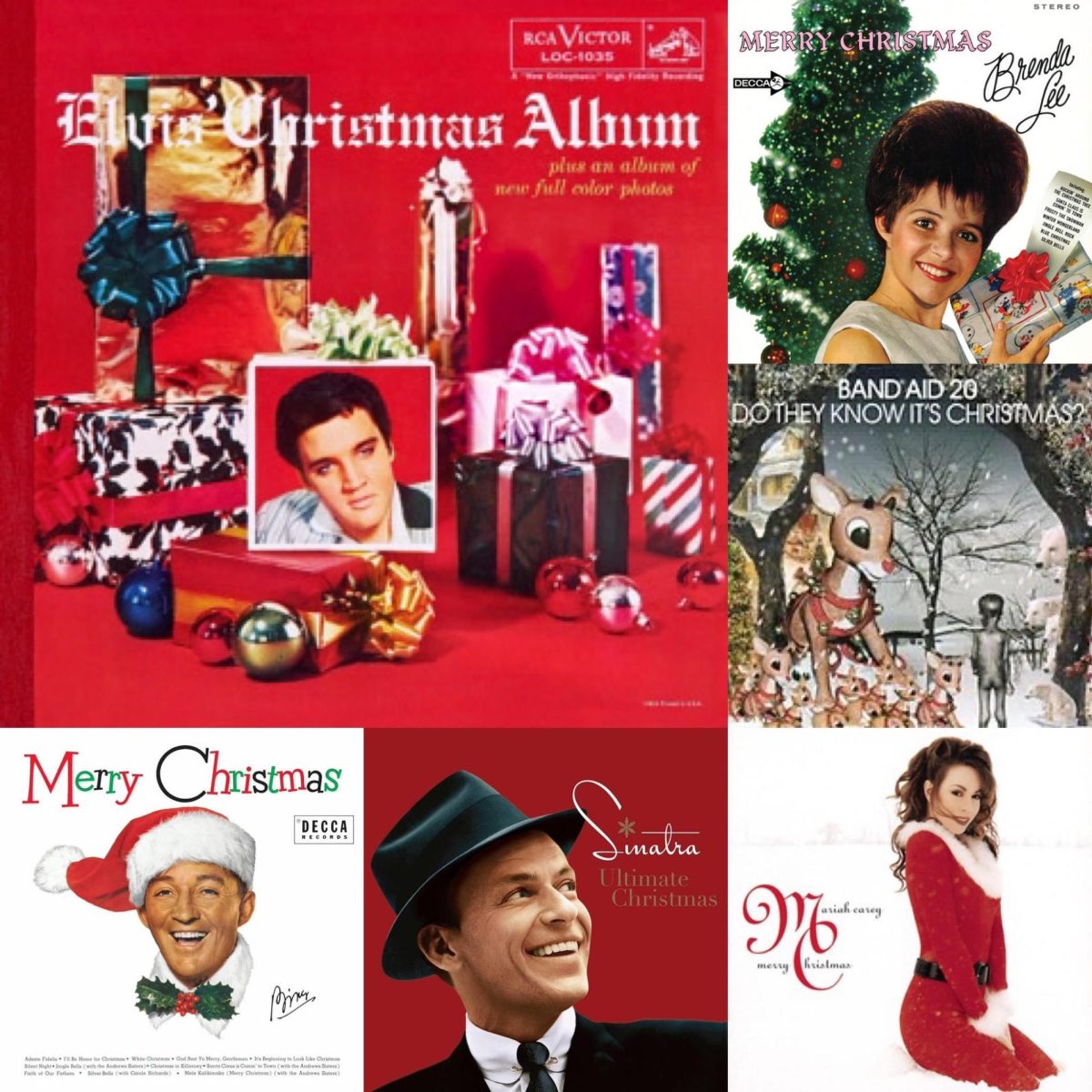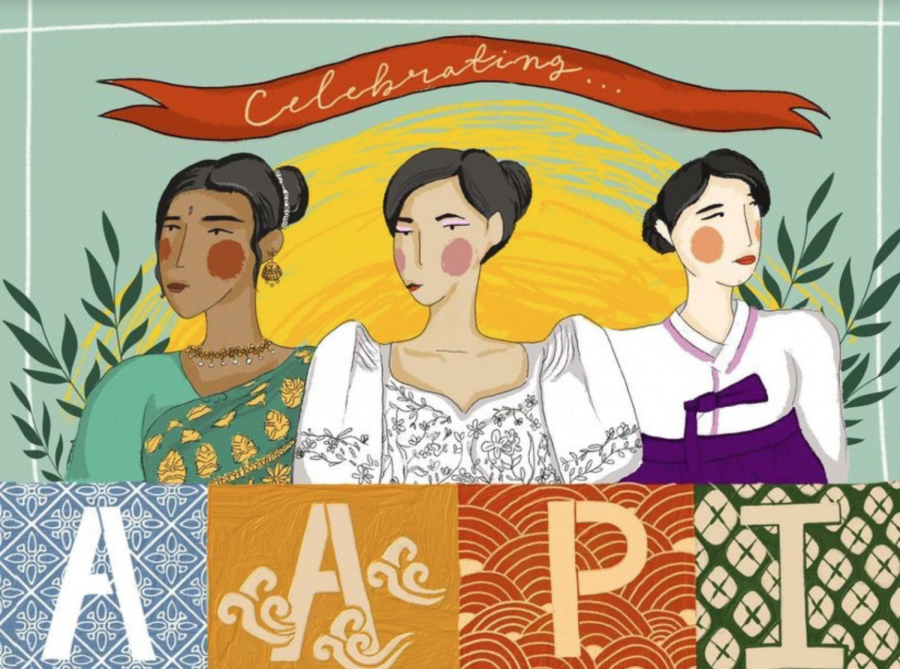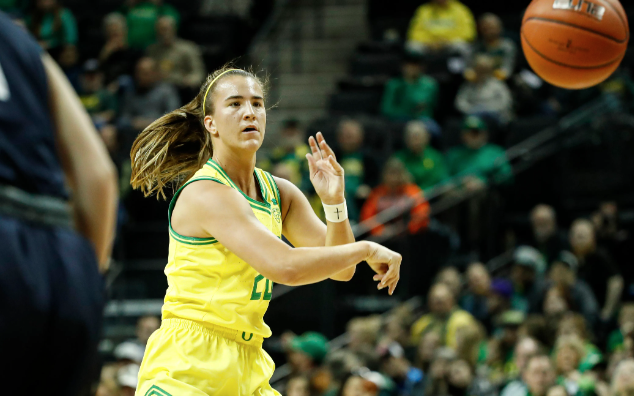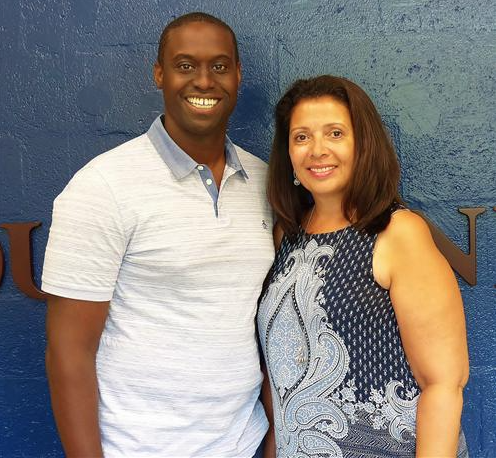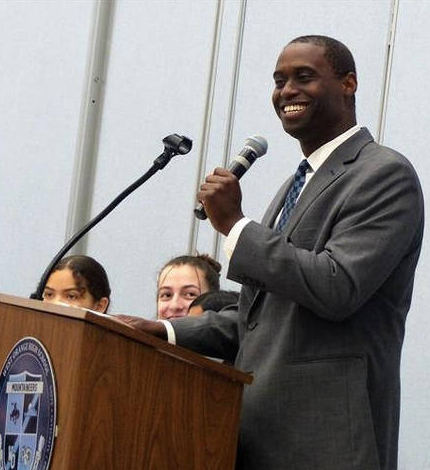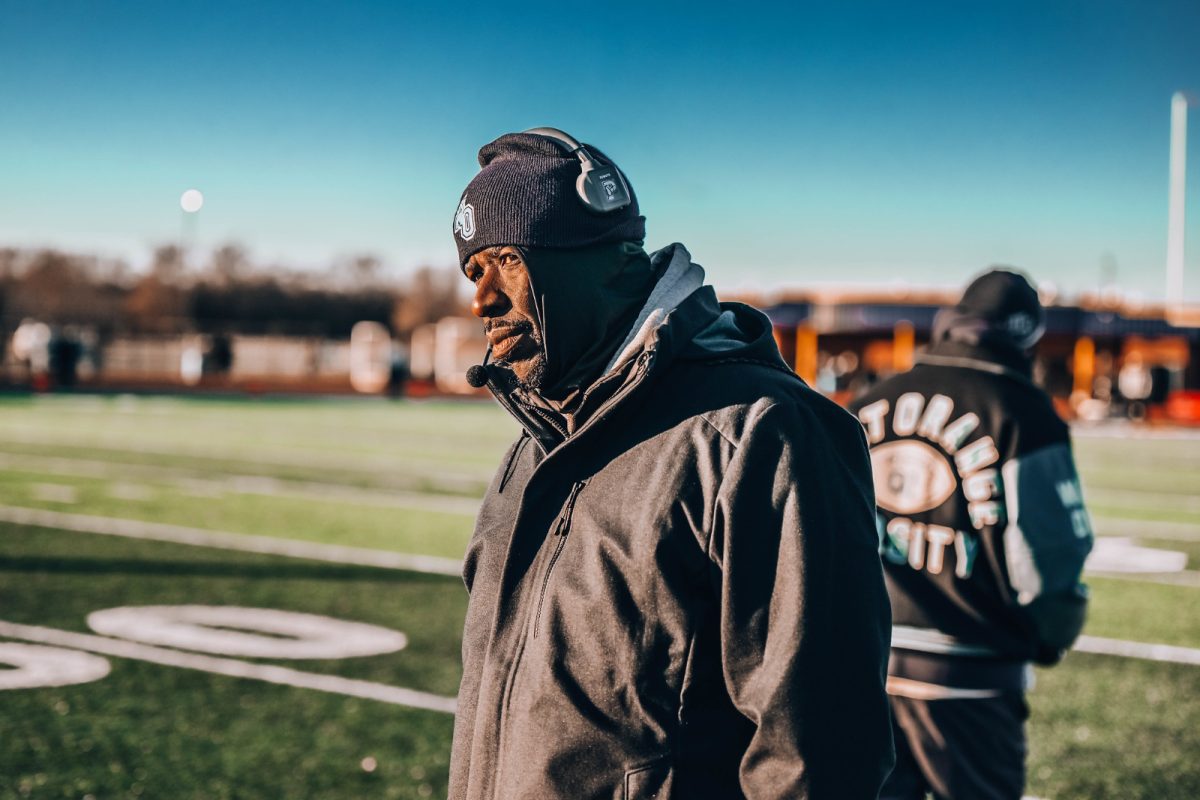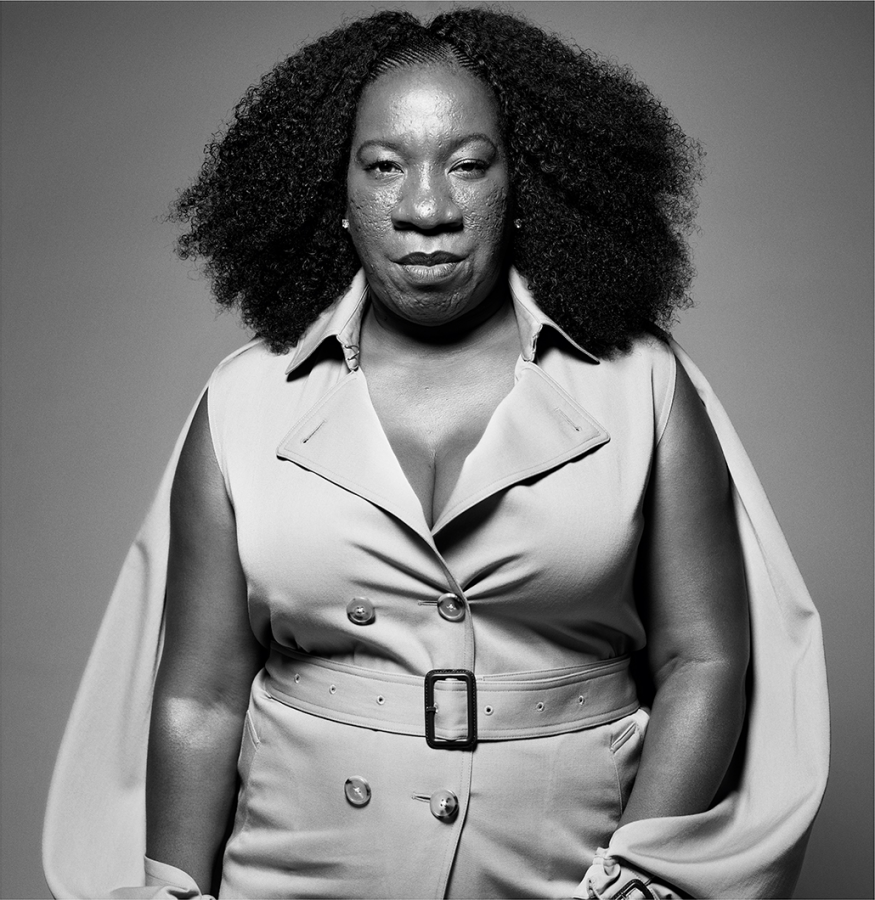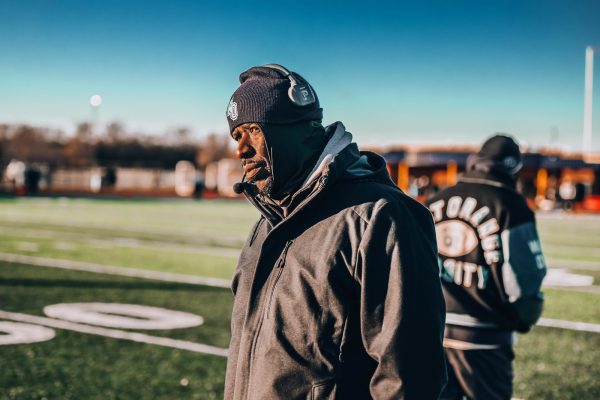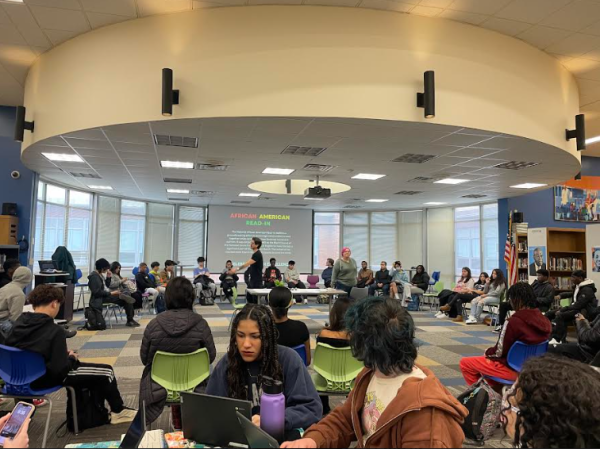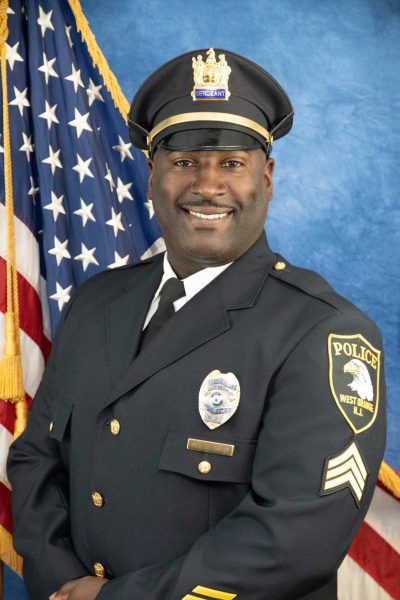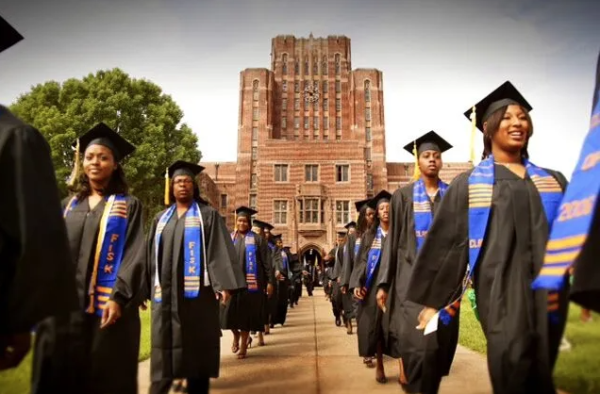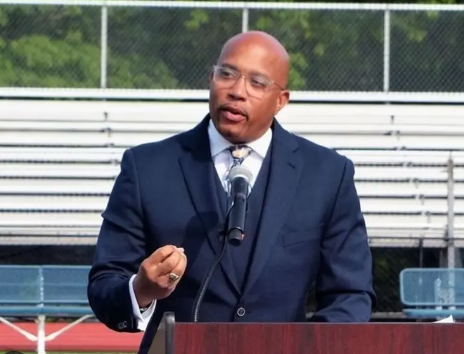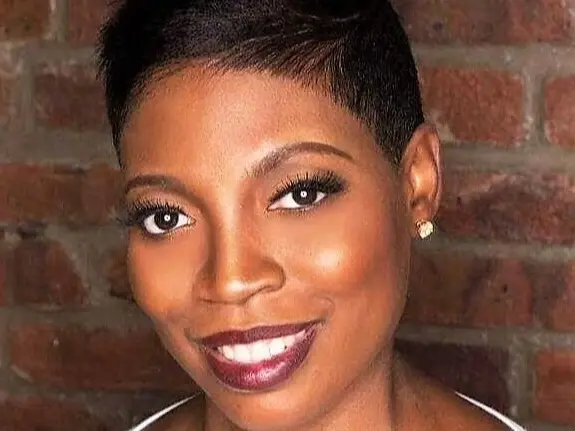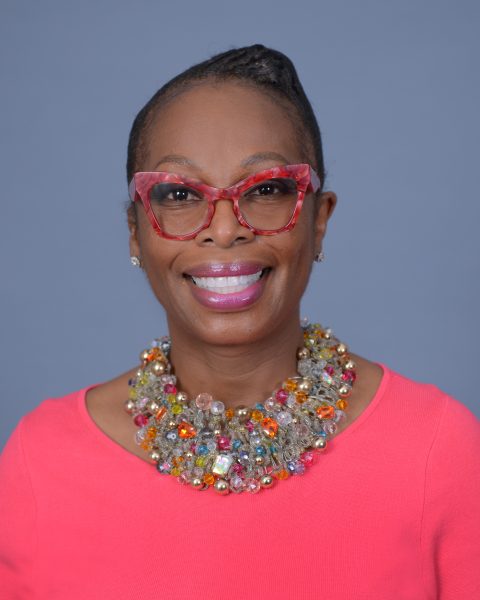BHM Unsung Hero: Tarana Burke
Tarana Burke, the founder of the Me Too Movement, is a hero. Her movement empowered others to use their voice, allowing them to celebrate their body and demand the respect they deserve from others. Burke sees the importance of empowering all women, but specifically, women of color, who only get justice for their assault cases 34% percent of the time compared to a white women’s 75%.
Tarana Burke was born on September 17th, 1973, and grew up in The Bronx, NY. Growing up, she was raped and sexually assaulted. Using her own experience, she found a way to help all people who have faced assault.
Burke started her career as an activist when she was a teenager, working towards bringing economic and racial equality within her community. To further her career as an activist, she moved to Alabama to attend Alabama State. When she was only 21 years old, Burke worked as a director at a youth camp with mostly young girls of color. One day, a girl came to her to tell Burke that she was being assaulted by her stepfather. Triggering memories of her own story, she shut the girl down and sent her to talk to another counselor. While she was too scared to speak on her own story, she wanted to tell the girl she could relate to her. She later realized how helpful it could be for women to be able to share their stories with each other, which would begin the “MeToo” movement.
Burke created a non-for-profit called JustBe Inc. in 2007, which was created to empower young black girls. This program was celebrated by the community and used in every school in Selma, Alabama. She then went on to create the “MeToo movement” as a means to empower black girls and women. She wanted marginalized girls to have people they can talk to about their stories and feel comfortable knowing they are not alone. This led her to continue her work as an activist, empowering marginalized black youth through various organizations.
In 2014 she worked as a consultant at the National Voting Rights Museum & Institute. This helped her to get a job as a consultant for the movie Selma in 2014.
Finally, in 2017 the “MeToo” movement went viral. After the Harvey Weinstein case went public, people began posting with her hashtag. That year, she won a Times person of the year award. In 2019, she won the Sydney Peace Prize in Sydney, Australia.
Since then, Burke has broadened the meaning of her campaign to help all people of color, queer, transgender, and disabled people to help get their voices heard. After her daughter, Kaiai, came out as queer and non-binary, Burke originally did not support them as much as she wishes she did. However, she came to a decision to include all people who deserve community support. Her reasoning was, “How could I stand up and advocate for people’s survival if I couldn’t stand up for every kind of survivor?”
